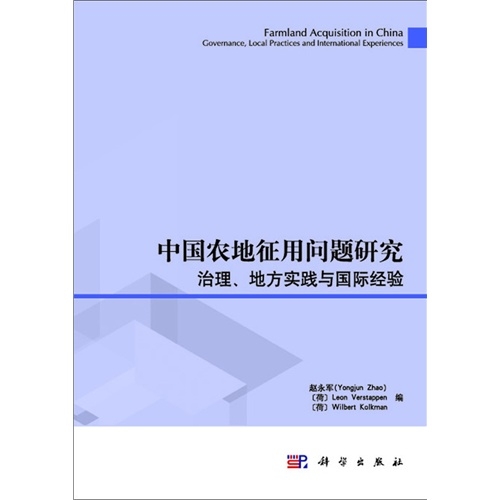Basic Agricultural Public Expenditure Diagnostic Review : Ghana's Ministry of Food and Agriculture
Ghana, like many other African
countries, had made a commitment in 2003 to allocate at
least ten percent of their national budgetary resources to
develop the agricultural sector by 2008, following the
adoption of the Comprehensive African Agriculture
Development Programme (CAADP), with an aim towards realizing
food security and poverty reduction. This Agriculture Public
Expenditure Review (AgPER) for Ghana analyzes data on public



